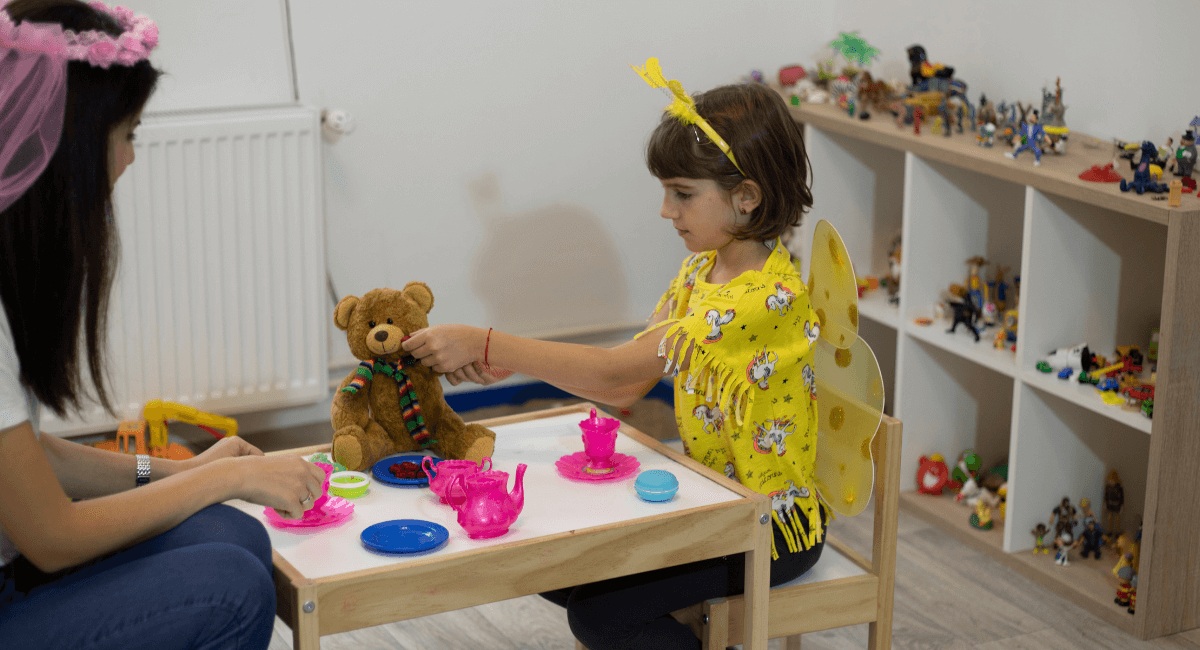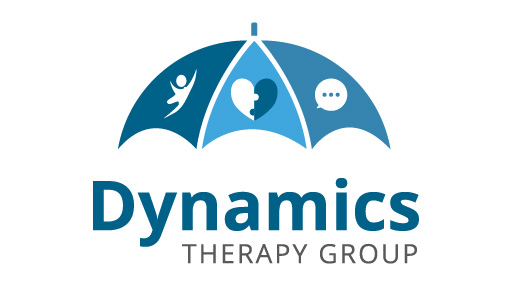
Is your child struggling at school or with homework, unhappy or frustrated with learning, or just not doing as well as expected? If so, Educational Therapy (ET) may help you and your child understand why they are having these difficulties, and how best to resolve them.
Your child may benefit from Educational Therapy if he or she needs support in one or more of the following areas:
- Literacy – phonological awareness, reading, writing, spelling, comprehension, planning and structuring an essay, editing written work, checking for errors.
- Maths – number sense, calculations, word problems, remembering maths facts (e.g. multiplication tables), reasoning skills, checking for errors.
- Memory skills – learning key facts, remembering information, following multi-step instructions.
- Processing speed – completing familiar tasks quickly e.g. naming letters or digits, reading known words, mental arithmetic, locating a target word on a page.
- Planning and organisational skills – keeping track of belongings, completing work on time, dealing with multiple tasks, independence in managing tasks and/or time.
If your child has difficulty with any of these skills (either singly or in combination), he or she may need a course of specialised help outside of the mainstream classroom environment.
An educational therapist can provide one-to-one support that starts by identifying how and why a child is struggling. The therapist can then offer a targeted educational program, working on whatever combination of abilities your child needs to improve. The therapist will also teach your child strategies to help him or her use their strengths in their learning and manage their weaknesses.
Along with improving academic performance, ET will address any underlying cognitive weaknesses which may be causing learning difficulties for your child. This is something that may not be offered in the classroom, or by a general tutor.
In conclusion, your child may need Educational Therapy to help them develop their academic and/ or cognitive abilities so that he or she can enjoy learning, fulfil their potential and achieve success.
Author: Victoria Hobbs, Educational Therapist

